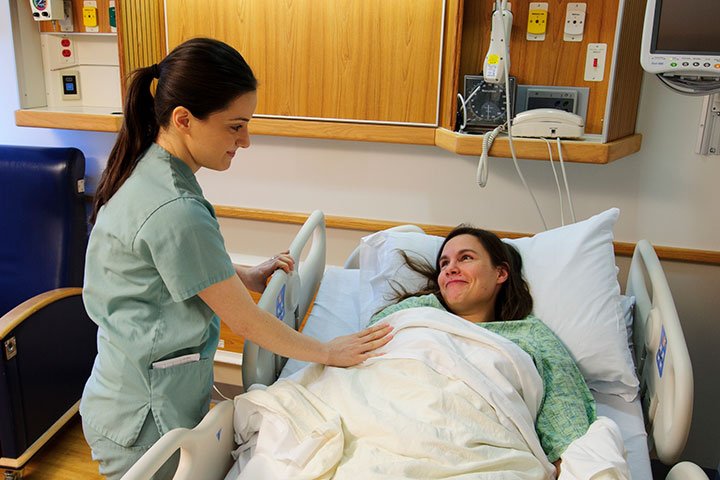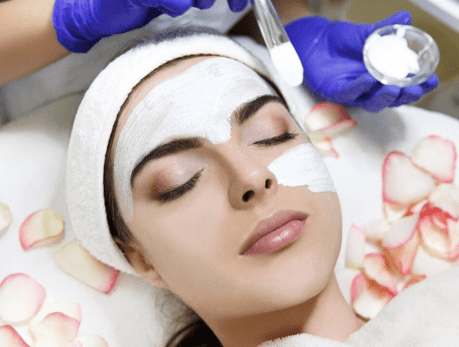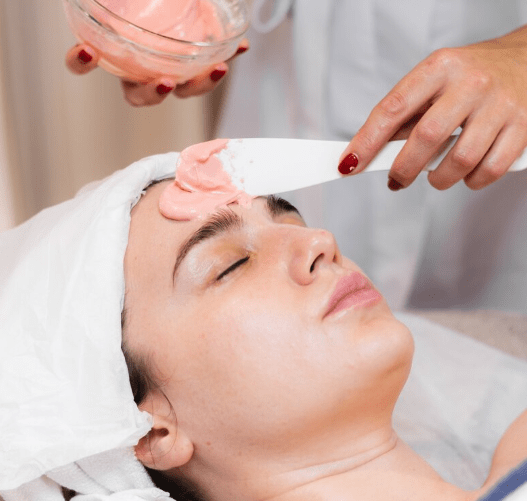South Korea has become a global hub for cosmetic surgery and advanced medical procedures, attracting thousands of international patients annually. One of the key reasons for Korea’s growing reputation in medical tourism is its comprehensive post-surgery recovery programs designed to ensure safe, effective, and comfortable healing — even for patients traveling from abroad.
If you’re considering surgery in Korea, understanding what these recovery programs entail can help you plan your trip better, reduce complications, and achieve optimal results.
Why Post-Surgery Recovery Programs Matter for International Patients
Undergoing surgery abroad comes with unique challenges, such as:
- Adjusting to a new environment and time zone
- Managing language and cultural differences
- Limited access to immediate family support
- Navigating local healthcare systems for follow-ups
Korean clinics are well aware of these factors and have developed specialized post-surgery recovery protocols tailored specifically for international patients. These programs combine medical supervision, tailored therapies, and hospitality services to support holistic healing.
Key Components of Comprehensive Post-Surgery Recovery Programs in Korea
1. Multidisciplinary Medical Supervision
Patients receive close monitoring by a team of:
- Surgeons and anesthesiologists
- Specialized nurses experienced in post-operative care
- Physical therapists and rehabilitation experts
This multidisciplinary approach ensures timely management of pain, swelling, and any complications.
2. Customized Recovery Plans
Every patient’s healing journey is unique. Korean clinics design individualized recovery plans based on:
- The type of surgery performed (e.g., rhinoplasty, facelift, liposuction)
- Patient’s age, overall health, and medical history
- Skin type and tissue healing capacity
- Travel schedule and length of stay in Korea
This personalization helps optimize recovery speed and comfort.
3. State-of-the-Art Recovery Facilities
Many top Korean medical centers offer dedicated recovery suites or rooms designed to provide:
- A clean, serene, and comfortable environment
- Access to nutritious meals tailored for healing
- Continuous nursing care and observation
- Emergency support and advanced monitoring equipment
For international patients, this means a hotel-like experience with medical-grade supervision.
4. Advanced Post-Surgery Therapies
To accelerate healing and minimize downtime, clinics often include therapies such as:
- LED Light Therapy: Reduces inflammation and promotes tissue repair
- Lymphatic Drainage Massage: Helps reduce swelling and improve circulation
- Cold Compress Therapy: Alleviates bruising and discomfort
- Hyperbaric Oxygen Therapy (HBOT): Enhances oxygen delivery to tissues, speeding up recovery
- Nutritional Support: IV vitamin infusions and antioxidant therapy to strengthen immunity
5. Language Support and Patient Education
Understanding post-operative care instructions is crucial for successful recovery. Korean clinics providing services to international patients offer:
- English-speaking coordinators and medical staff
- Detailed written instructions in multiple languages
- 24/7 helplines for urgent concerns
- Telemedicine follow-up consultations after patients return home
6. Accommodation and Transportation Assistance
Some clinics partner with nearby recovery hotels or provide in-house accommodation options, offering:
- Convenient location near the medical facility
- Comfortable lodging designed for post-surgery rest
- Transportation services between hotel, clinic, and airport
This support helps international patients avoid the stress of navigating a foreign city during recovery.
7. Psychological and Emotional Support
Recovering from surgery can be emotionally challenging, especially away from home. Comprehensive programs may include:
- Counseling services
- Support groups for international patients
- Access to relaxation therapies such as acupuncture or meditation
8. Clear Guidance on Post-Recovery Travel
Korean medical teams help patients plan the timing of their return flights and international travel, ensuring:
- Adequate recovery to minimize risks such as blood clots or infection
- Proper documentation for customs and airline medical clearance
- Advice on managing jet lag and skin care post-travel
What International Patients Should Prepare Before Surgery in Korea
- Plan for an extended stay: Depending on the surgery, recovery periods in Korea can range from several days to weeks.
- Research clinics with robust recovery programs: Choose clinics known for excellent post-operative care tailored to international patients.
- Arrange travel insurance: Ensure coverage includes complications and follow-up care abroad.
- Understand medication and aftercare: Be ready to follow medication schedules and attend follow-up appointments, including via telemedicine.
Conclusion
Comprehensive post-surgery recovery programs in Korea provide international patients with the medical expertise, personalized care, and supportive environment necessary for safe and smooth healing. These thoughtfully designed services make Korea a preferred destination not only for high-quality surgeries but also for exceptional recovery experiences.
If you are planning surgery in Korea, partnering with clinics that offer dedicated recovery programs can greatly enhance your results and peace of mind during your medical journey abroad.




